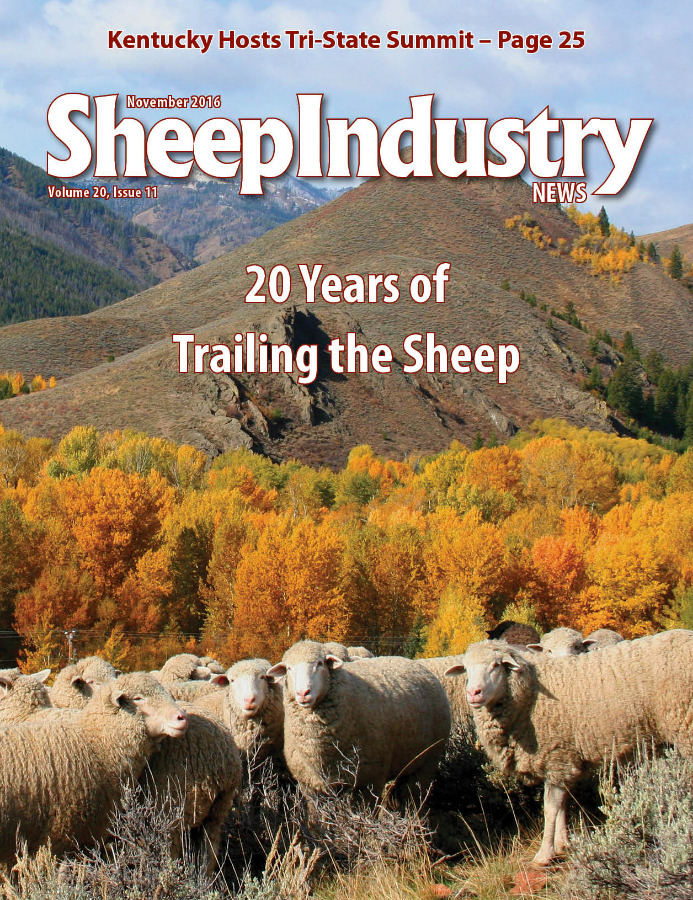
- November 2016
- President’s Notes
- Better Genetics Equals More Profit
- Thomans Concede Allotments
- 20 Years of Trailing the Sheep
- Celebrating Fall at Savage Hart Farm
- New Staff, Consultants on ASI Payroll
- ASI News
- Tri-State Summit Celebrates Growth
- Young Entrepreneur: Matt Anderson
- Knowles Named to Scientific Panel
- Range Productivity Study Complete
- USDA Confirms Screwworm in Florida
- Market Report
- Obituary
Knowles Named to Scientific Panel
Don Knowles, a U.S. Department of Agriculture research veterinary medical officer and professor in Washington State University’s College of Veterinary Medicine, is one of 16 people named to an international scientific advisory panel.
The Global Strategic Alliances for the Coordination of Research on the Major Infectious Diseases of Animals and Zoonoses (STAR-IDAZ) recently announced appointments to its scientific committee. Knowles was chosen as the U.S. representative to advise the executive committee on research priorities and progress made.
“This is a great achievement for Dr. Knowles that recognizes his strengths as a veterinary researcher, USDA-Agricultural Research Service research leader and award-winning WSU faculty member,” said Bryan Slinker, dean of the WSU veterinary college. “It also validates the strong and enviable collaborative relationship that WSU has had with the USDA since 1938 to jointly solve infectious disease problems of livestock to protect animal agriculture in the U.S.”
Knowles selection is for a three-year term and it can be renewed for up to three more years.
“Any time a person can carry the collective expertise of WSU and the USDA to serve the international community, it is an honor and a privilege,” said Knowles. “We all stand to benefit from the management of infectious diseases. This opportunity would not have been possible without the research partnership between WSU and the Agricultural Research Service of USDA.”
The STAR-IDAZ scientific committee review was formed to strengthen the linkages between, and reduce the duplication of, global research efforts on more than 30 high priority infectious diseases of animals, including those that affect humans. The group also provides the necessary critical mass and capacity to address emerging infectious disease threats.

